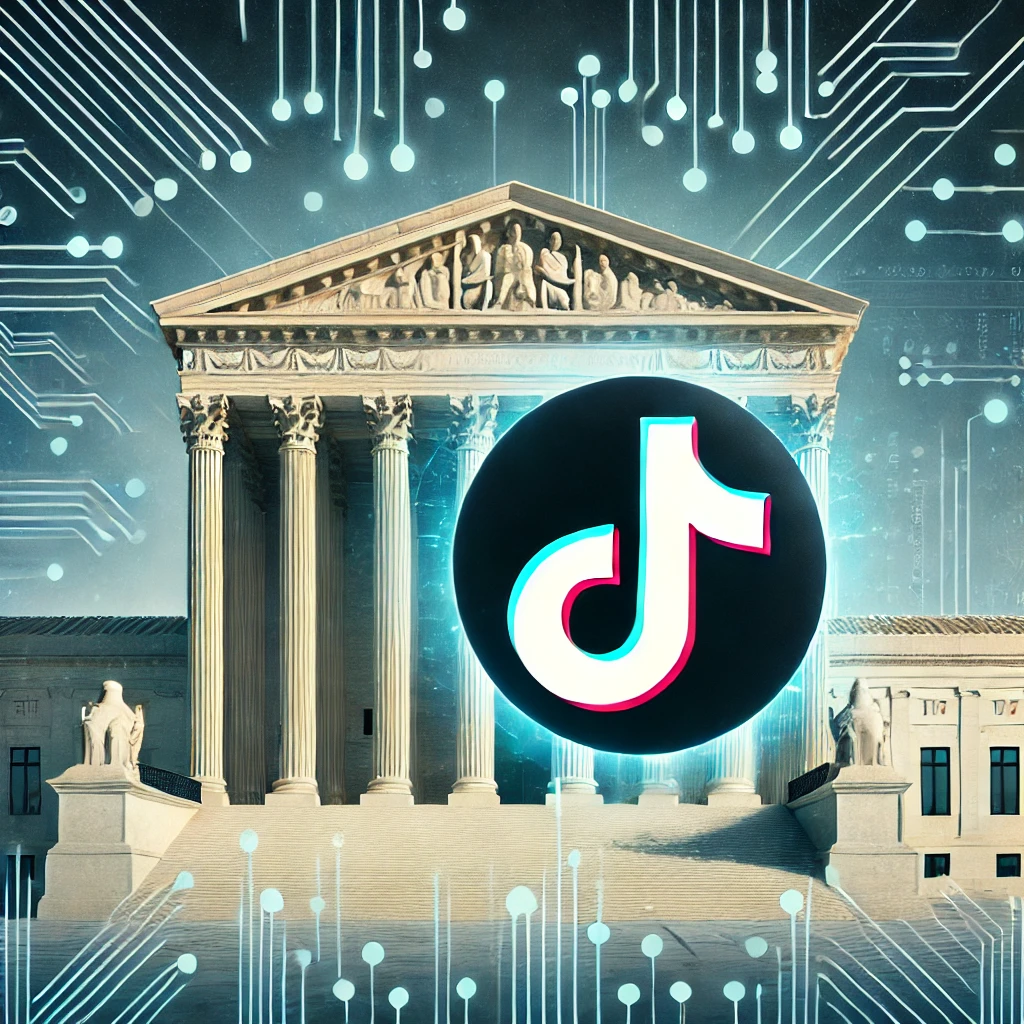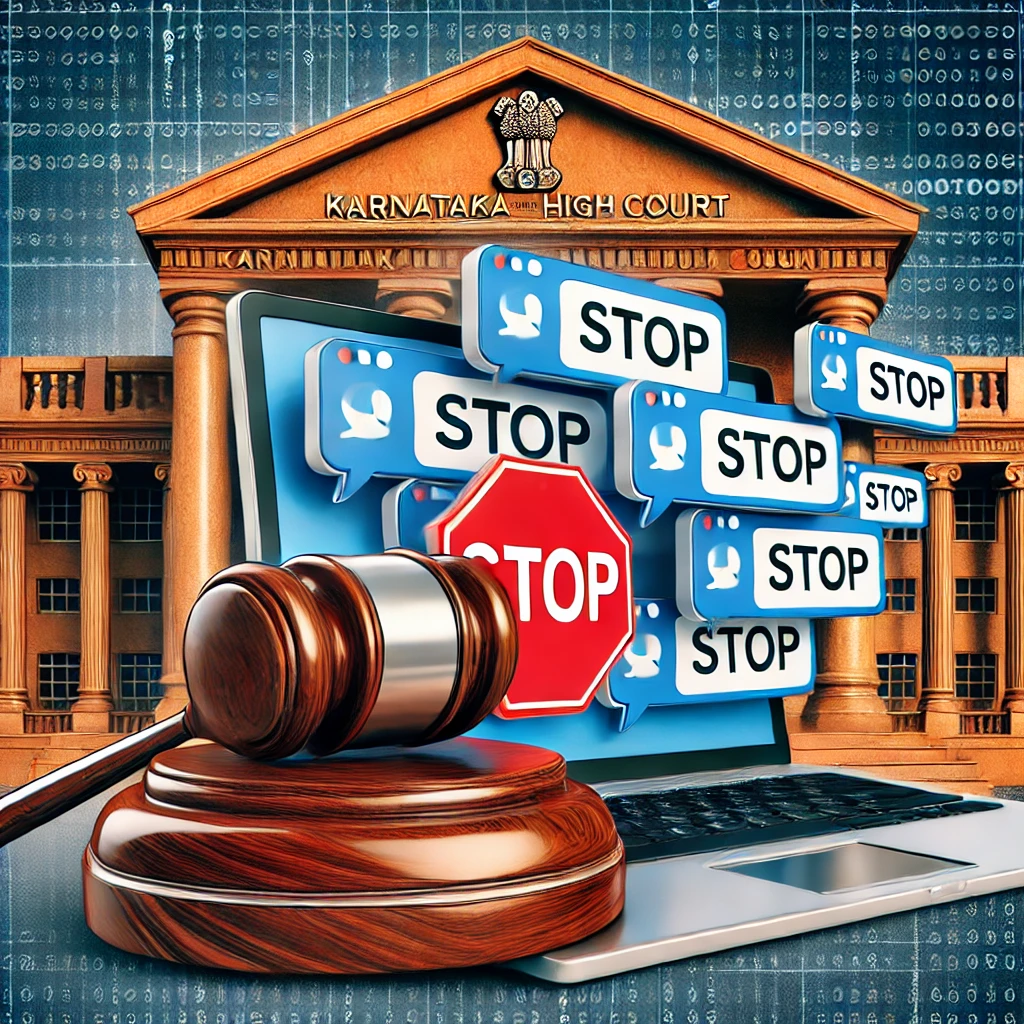Media laws at North Macedonia
North Macedonia's media landscape is governed by a legal framework that aims to uphold freedom of expression and the press, while also addressing challenges inherent in a country transitioning towards full EU integration.
Here's a breakdown of the key aspects of media laws in North Macedonia:
1. Constitutional Guarantees:
The Constitution of North Macedonia guarantees freedom of expression, freedom of speech, the right to access information, and the establishment of public information institutions (Article 16).
It explicitly bans censorship and ensures the freedom of reception and transmission of information.
The Constitution also protects journalists from being compelled to testify about confidential information or sources.
2. Primary Legislation:
Law on Media (2013): This law establishes the basic principles for the functioning of television, radio, and print media. It guarantees media freedom but also outlines obligations not to report in ways that violate human rights, threaten national security, or harm minors. It also sets conditions for establishing media outlets.
Law on Audio and Audiovisual Media Services (2013): This is a crucial law regulating broadcasting activities, including the production, transmission, emission, and distribution of radio and television programs. It covers licensing, program content, protection of minors, and promotion of media pluralism. It also sets rules for advertising and teleshopping. This law is being revised to align with the EU's Audiovisual Media Services Directive (AVMSD).
Law on Civil Liability for Defamation and Insult (2012): This law decriminalized libel and defamation, making them civil offenses. However, concerns remain about the potentially high fines, which can still have a chilling effect on journalists.
Law on Access to Information (2006): This law is designed to ensure public access to information held by public authorities, aligning with international and EU standards. However, its implementation has been uneven.
Electronic Communications Act (recent amendments): This act impacts broadband network coverage, wireless access, and ensures competition in the electronic communications sector, which indirectly affects media distribution.
Whistleblower Protection Law (2016): This law aims to protect individuals who report wrongdoing, including journalists who expose sensitive information.
Criminal Code Amendments (recent): Attacks on journalists are now classified as offenses against public officials, which is a significant step towards better protecting media professionals.
3. Regulatory Authority:
Agency for Audio and Audiovisual Media Services (AAAVMS): This is the independent regulatory body with a key role in the media space. Its responsibilities include:
Granting, revoking, or extending licenses for television and radio broadcasting.
Ensuring transparency and promoting pluralism in audio and audiovisual media services.
Taking measures against violations of media laws and regulations.
Protecting minors' interests.
Monitoring programs and ensuring compliance.
Addressing illicit media concentration.
The Council of the Agency is elected by the Parliament, and the Council then elects the Agency's director.
4. Key Issues and Challenges:
Implementation Gaps: Despite a generally progressive legal framework, the impartial upholding of media freedoms by authorities is not always consistent. Issues with the full implementation of laws and uneven enforcement of access to public information persist.
High Fines for Defamation: While defamation is decriminalized, the potential for high civil fines remains a concern for journalists, possibly leading to self-censorship.
Online Content Regulation: Online content is not specifically regulated beyond general restrictions on hate speech, and internet service providers (ISPs) are generally not liable for distributed content.
Media Ownership and Concentration: The Law on Audio and Audiovisual Media Services prohibits secret partnerships and places restrictions on media concentration to prevent undue influence. Political parties, state bodies, and public enterprises are generally prohibited from owning broadcasting activities.
Public Service Media (Macedonian Radio Television - MRT): While legally mandated to be independent, MRT faces challenges related to funding and the de facto independence of its managerial bodies, which are often perceived as close to the ruling party.
Strategic Lawsuits Against Public Participation (SLAPPs): There's a growing concern about SLAPPs being used to intimidate journalists and stifle investigative reporting by burdening them with expensive legal battles. Efforts are underway, with the support of the Council of Europe and EU, to strengthen legal safeguards against abusive lawsuits and provide support mechanisms for journalists.
Journalists' Working Conditions and Safety: Journalists often face precarious working conditions, low salaries, and frequent breaches of labor rights. Threats and attacks against journalists, while showing some improvement, remain a concern, especially during election periods. Organizations like the Association of Journalists of Macedonia (AJM) and the Independent Trade Union of Journalists and Media Workers (SSNM) are actively advocating for better working conditions and safety for media professionals.
Disinformation and Foreign Influence: North Macedonia's information space is vulnerable to disinformation campaigns, which can exacerbate societal divisions.
North Macedonia is actively working towards harmonizing its media legislation with EU standards, particularly in light of its EU candidate status. This involves ongoing discussions and amendments to existing laws, with a focus on strengthening media pluralism, improving working conditions for journalists, and ensuring a safer environment for independent reporting.




















0 comments